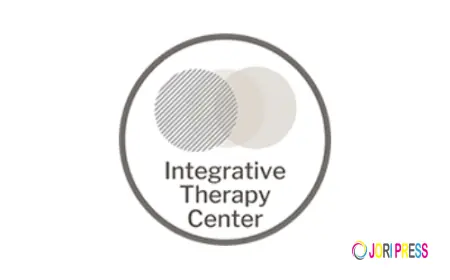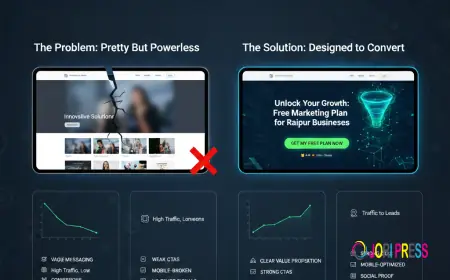The Power of Connection: Understanding Recovery Support Groups
Taking the first step towards recovery is monumental, but the journey doesn't end with formal treatment. For many, a crucial ingredient for lasting sobriety is the sustained encouragement and camaraderie found in recovery support groups. These groups offer a unique and powerful form of help: peer support, a bond forged through shared experience.

Taking the first step towards recovery is monumental, but the journey doesn't end with formal treatment. For many, a crucial ingredient for lasting sobriety is the sustained encouragement and camaraderie found in Georgia Rehab. These groups offer a unique and powerful form of help: peer support, a bond forged through shared experience.
So, what are recovery support groups, and why are they so effective? Simply put, they are gatherings of individuals who are all navigating the path of recovery from addiction or mental health challenges. They provide a safe, non-judgmental space where people can share their stories, challenges, and successes, finding strength and understanding in numbers.
There are several types of recovery support groups, each with its own approach:
-
12-Step Programs: These are perhaps the most well-known, including Alcoholics Anonymous (AA) and Narcotics Anonymous (NA). Based on a set of guiding principles, these groups emphasize peer mentorship, spiritual growth (though not tied to any specific religion), and service to others. They are free, widely available, and offer a strong sense of community. Other 12-Step programs exist for specific addictions like Cocaine Anonymous (CA) or Crystal Meth Anonymous (CMA).
-
Secular Alternatives: For those who prefer a non-spiritual approach, groups like SMART Recovery (Self-Management and Recovery Training) offer evidence-based tools drawn from cognitive behavioral therapy. LifeRing Secular Recovery and Secular Organizations for Sobriety (SOS) are other options that focus on self-empowerment and rational thinking.
-
Faith-Based Groups: For individuals who want to integrate their faith into their recovery, groups like Celebrate Recovery offer a Christian-centered approach, combining recovery principles with biblical teachings. Other faith-specific groups may also exist for various religions.
-
Groups for Specific Demographics: Some groups cater to specific populations, such as Women for Sobriety (exclusively for women) or groups for LGBTQ+ individuals or young people. This can foster an even stronger sense of identification and safety.
-
Family Support Groups: It's important to remember that addiction affects entire families. Groups like Al-Anon (for families of alcoholics) and Nar-Anon (for families of drug addicts) provide crucial support and strategies for loved ones navigating these challenges.
The benefits of joining a recovery support group are immense:
-
Reduced Isolation: You realize you're not alone in your struggles.
-
Shared Experience: Learning from others who have "been there" provides invaluable insights and encouragement.
-
Accountability: Regular attendance and sharing can foster a sense of responsibility for your own recovery.
-
Practical Advice: Members often share practical tips for coping with cravings, managing triggers, and navigating everyday life in sobriety.
-
Long-Term Support: These groups offer ongoing, free support for as long as you need it, which is vital for sustained recovery.
Recovery support groups are a powerful complement to formal treatment, offering a continuous lifeline of understanding and encouragement. If you're on your recovery journey, exploring a group that resonates with you can be one of the most empowering steps you take.
What's Your Reaction?
 Like
0
Like
0
 Dislike
0
Dislike
0
 Love
0
Love
0
 Funny
0
Funny
0
 Angry
0
Angry
0
 Sad
0
Sad
0
 Wow
0
Wow
0



















































